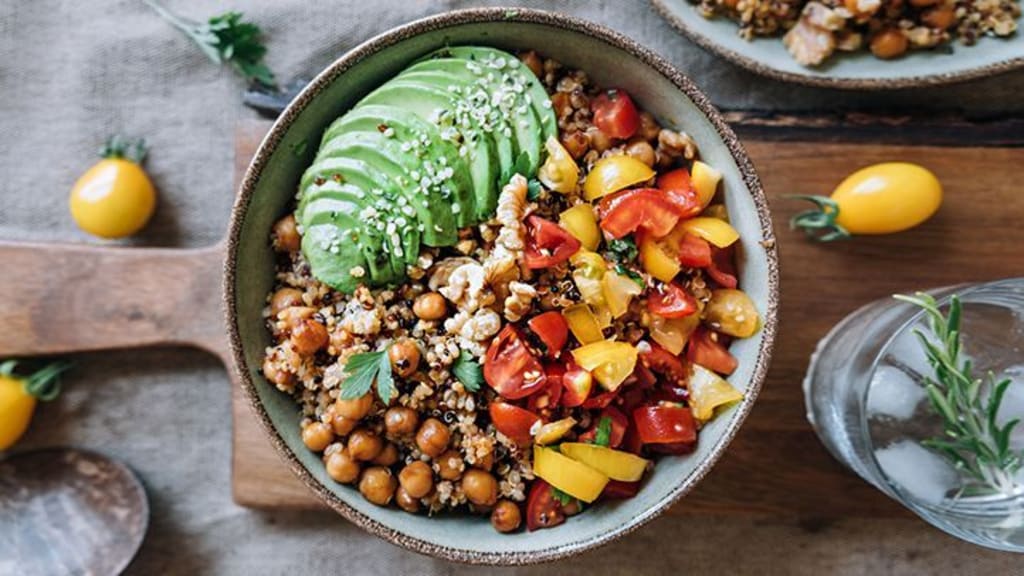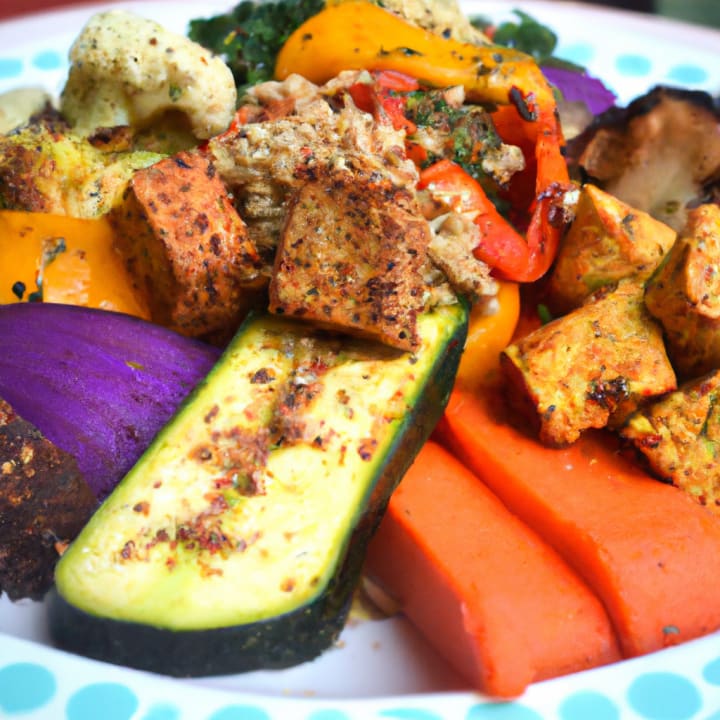
Plant-based diets are on the rise, and it's not hard to see why. More and more people are choosing to ditch meat and dairy in favor of a diet that is healthier, more sustainable, and better for the planet. In this article, we will explore the many benefits of plant-based diets, as well as some tips and tricks for getting started.
Health Benefits of Plant-Based Diets
One of the primary reasons people choose to adopt a plant-based diet is for the health benefits. Studies have shown that plant-based diets can help reduce the risk of chronic diseases such as heart disease, diabetes, and cancer. This is largely due to the fact that plant-based diets are naturally high in fiber, vitamins, and minerals, and low in saturated fats, cholesterol, and calories.
For example, a study published in the Journal of the American College of Cardiology found that a plant-based diet can reduce the risk of coronary heart disease by up to 25%. Another study published in the American Journal of Clinical Nutrition found that a vegan diet can lead to significant weight loss, lower blood sugar levels, and improved kidney function in people with type 2 diabetes.
Environmental Benefits of Plant-Based Diets
In addition to the health benefits, many people are turning to plant-based diets for environmental reasons. Animal agriculture is a major contributor to greenhouse gas emissions, and the production of meat and dairy requires large amounts of land, water, and other resources. By choosing to eat more plants, individuals can significantly reduce their carbon footprint and help combat climate change.
According to a report by the Intergovernmental Panel on Climate Change (IPCC), the global food system is responsible for up to 37% of all greenhouse gas emissions. Of that, animal agriculture accounts for up to 14.5%. By choosing to eat more plants, individuals can reduce their personal contribution to these emissions.
In addition to reducing greenhouse gas emissions, plant-based diets can also help reduce water usage and land degradation. The production of meat and dairy requires large amounts of water and land, which can lead to soil erosion, deforestation, and other environmental issues.

Getting Started with a Plant-Based Diet
If you're interested in trying a plant-based diet, there are a few things to keep in mind. First, it's important to make sure you're getting all the nutrients you need. While plant-based diets are naturally high in many nutrients, there are a few that can be more difficult to obtain, such as vitamin B12, iron, and calcium. It's important to make sure you're getting enough of these nutrients through fortified foods, supplements, or a well-planned diet.
Another important consideration when starting a plant-based diet is to focus on whole, unprocessed foods. While there are many delicious plant-based meat alternatives and dairy alternatives on the market, these can be high in sodium, saturated fats, and other unhealthy ingredients. Instead, focus on whole grains, fruits, vegetables, nuts, and seeds to ensure you're getting all the nutrients you need.
Finally, it's important to be patient and give yourself time to adjust. Switching to a plant-based diet can be a big change, and it may take some time to get used to new recipes and flavors. Start by incorporating a few plant-based meals into your diet each week, and gradually increase from there.
Delicious Plant-Based Recipes
One of the best things about plant-based diets is the delicious and varied food options. From hearty veggie burgers to creamy cashew-based cheeses, there has never been a better time to explore the world






Comments
There are no comments for this story
Be the first to respond and start the conversation.